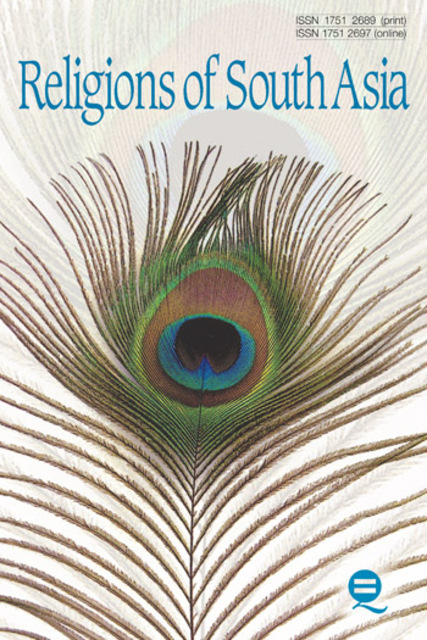Indian Soldiers on the Western Front: The Role of Religion in the Indian Army in the Great War

Full description
This article illustrates the role of religion in the Indian Army of the Great War. It demonstrates the importance of religion in the martial race ideology that set forth British views on eligibility for military recruitment. It explains how an interpretation of the origins of the Mutiny underwrote preference for those peoples regarded as being less religious but made it necessary to enable soldiers to practise their faiths, even informing the conception of these races in British thinking. It also discusses what this meant in practice for Indian soldiers fighting on the Western Front and then for casualties taken to the Pavilion Hospital. It focuses upon the special arrangements made by the military authorities to satisfy the soldiers’ religious requirements as the British understood them, ranging from places of worship to diet, caste and funeral rites. Finally, it argues that martial race ideology, not excluding religious issues, continues to exercise an influence in contemporary Britain.
- typeImage
- created on
- file formatjpeg
- file size132 KB
- container titleReligions of South Asia
- creatorCatherine Anne Robinson
- issn1751-2697 (Online)
- issue9.1
- publisherEquinox Publishing Ltd.
- publisher placeSheffield, United Kingdom
- rightsEquinox Publishing Ltd.
- volume
- doi
We use cookies to analyze our traffic. Please decide if you are willing to accept cookies from our website. You can change this setting anytime in Privacy Settings.
